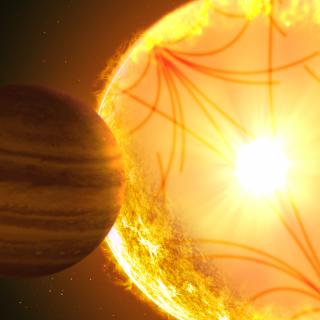Bibcode
González, Pablo J.; González, Albano; García-Lorenzo, B.; Fernández, José; Pérez, Juan C.; Eff-Darwich, A.
Bibliographical reference
Pure and Applied Geophysics, Volume 169, Issue 8, pp.1425-1441
Advertised on:
8
2012
Citations
12
Refereed citations
12
Description
Measurements of ground displacement through classical Differential
Interferometric SAR (DInSAR) and advanced DInSAR techniques have been
carried out over the entire actively volcanic island of Tenerife, Canary
Islands. However, a detailed analysis of the effect of tropospheric
water vapour on DInSAR at Tenerife should be carried out to evaluate its
influence, including correction models that might improve the accuracy
of DInSAR derived deformation signals. Unlike water vapour correction
models that are based on space platforms (e.g. MODIS and MERIS), we
present an alternative approach that is based on precise water vapour
estimations derived from mesoscale numerical meteorological models, in
particular the Weather Research and Forecasting (WRF) model. The
application of this approach to a set of DInSAR observations of the
island of Tenerife shows encouraging results.
Related projects

Helio and Astero-Seismology and Exoplanets Search
The principal objectives of this project are: 1) to study the structure and dynamics of the solar interior, 2) to extend this study to other stars, 3) to search for extrasolar planets using photometric methods (primarily by transits of their host stars) and their characterization (using radial velocity information) and 4) the study of the planetary
Savita
Mathur